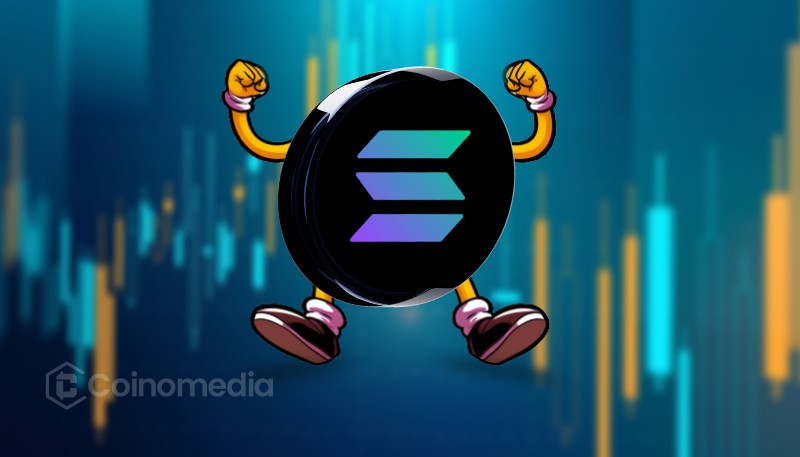Solana Proposal Aims to Cut Inflation Faster
Solana introduces SIMD-0411 to speed up inflation drop, reaching 1.5% by 2029 instead of 2032.

- Solana proposes SIMD-0411 to adjust inflation rate.
- Inflation decrease rate could double from 15% to 30%.
- Proposal targets 1.5% inflation by 2029, three years earlier.
The Solana community has introduced a new governance proposal—SIMD-0411—that could significantly reshape the tokenomics of SOL. This proposal recommends doubling the current inflation decrement rate from -15% to -30%.
Under the current system, Solana’s inflation reduces by 15% annually until it stabilizes at a long-term inflation rate of 1.5%. With SIMD-0411, this decrease would occur at twice the speed, potentially achieving the 1.5% rate by early 2029, instead of the originally projected 2032.
This change aims to make SOL more deflationary sooner, increasing its scarcity and possibly its value, assuming demand holds or grows. It’s a significant shift in tokenomics that reflects Solana’s evolving economic model and its response to community and market dynamics.
Impact on the SOL Ecosystem
The accelerated reduction in inflation could have multiple effects on the Solana ecosystem. First, it could appeal to investors looking for stronger value preservation. A faster drop in inflation means that fewer new SOL tokens would be introduced into circulation each year, potentially reducing sell pressure.
Validators and delegators, who earn staking rewards from inflation, may be impacted by lower rewards sooner than expected. However, this could be balanced by an increase in SOL’s market value due to its increased scarcity.
The community will vote on the proposal, and if approved, the updated model could go live in a future network upgrade.
Community and Market Reactions
The reaction to SIMD-0411 has been mixed. Some community members support the proposal as a forward-thinking adjustment to tokenomics that could support SOL’s long-term value. Others are cautious, raising concerns about the reduced staking rewards and its possible impact on network security or validator participation.
Still, the proposal highlights Solana’s active and responsive governance system, giving stakeholders a say in the protocol’s future.



